Sunflower Seeds Nutrition Benefits
What are Sunflower seeds?
Sunflower seeds are the fruit of the sunflower – yes that beautiful big yellow flower doesn’t just look pretty, it also provides nutritional benefits. Sunflower seeds are a beige colour, oval in shape and about 1cm long and 0.5cm wide.
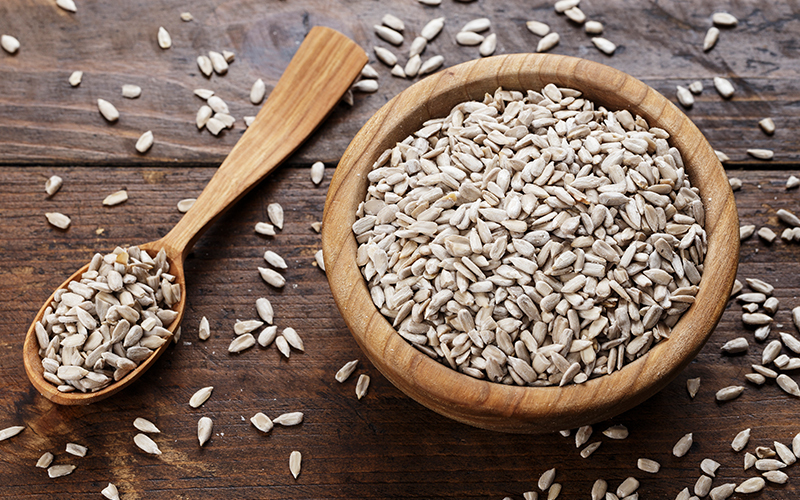
The sunflower seeds in the picture above are dehulled sunflower seeds and this is how we normally buy them in the UK. In other countries, these seeds may actually be sold in their hull, which is then cracked open by the teeth to reveal the sunflower seed. The hull is then thrown away, similar to salted pistachios. I suppose it’s a fun way to snack on your sunflower seeds.
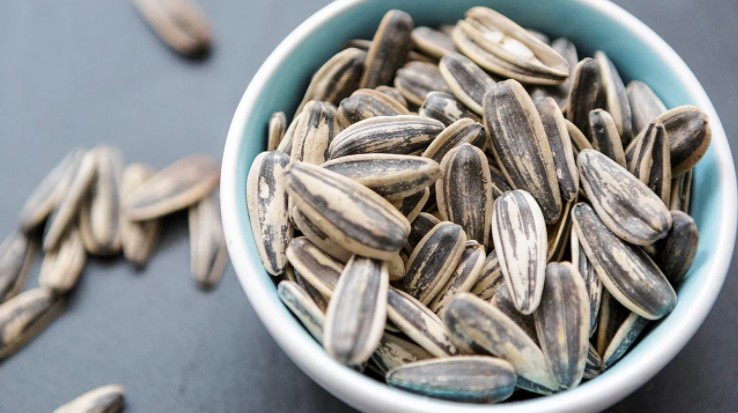
Why was I interested in Sunflower Seeds?
As a vegetarian and the fact that I don’t eat eggs, I struggle to get enough B vitamins. Hence, I had to look at alternative sources and I discovered that seeds such as sunflower seeds have high levels various B vitamins.
Do sunflower seeds have any other nutrients?
Yes, sunflower seeds are not just great for snacking, they are packed with many unusual nutrients that you may not get from your normal diet, especially if you’re vegetarian.
One tablespoon of sunflower seeds has approximately the following nutrients:
- 2g Protein
- 4mg Vitamin E (27% of recommended daily intake)
- 0.2mg Copper (23% of recommended daily intake)
- 0.17mg Vitamin B1 (14% of recommended daily intake)
- 6.18mcg Selenium (11% of recommended daily intake)
- 77mg Phosphorus (11% of recommended daily intake)
- 0.23mg Manganese (10% of recommended daily intake)
- 0.16mg Vitamin B6 (9.3% of recommended daily intake)
- 37.92mg Magnesium (9% of recommended daily intake)
- 26.48mcg Folate (6.7% of recommended daily intake)
- 0.97mg Vitamin B3 (6% of recommended daily intake)
Packed with so many B vitamins, sunflower seeds must surely be a superfood for vegetarians. Believe me when I say it is difficult to come across a single food that packs these many B vitamins.
What are the nutrition benefits of sunflower seeds?
SUNFLOWER SEEDS ARE ANTI-INFLAMMATORY
Everytime I come across a food that has a high Vitamin E content, I straight away know that this food is good for my skin.
One tablespoon of sunflower seeds has almost 30% of the recommended intake for Vitamin E per day.
Vitamin E neutralises free radicals which can delay the aging process of cells. This is great for your skin.
Furthermore, free radicals can also cause brain damage, damage to cholesterol and conditions such as asthma and arthritis. By consuming sunflower seeds, the anti-inflammatory effects of Vitamin E can counter these free radicals reducing the risk of heart attacks/stroke.
SUNFLOWER SEEDS PROMOTE HEART HEALTH
As well as the anti-inflammatory effects of sunflower seeds, they also promote heart health by lowering cholesterol levels.
Sunflower seeds have phytosterols which are believed to lower blood cholesterol levels.
Out of all the seeds that we frequently consume, sunflower seeds have the highest level of these phytosterols.
SUNFLOWER SEEDS MAY HELP WITH MIGRAINES
Migraines are the bane of my life. I have struggled with migraines for as long as I can remember and honestly, I have still not figured out how to counteract them. However, I have read that consuming magnesium can help relax the nerves and hence help prevent migraines.
One tablespoon of sunflower seeds contains approximately 10% of the recommended magnesium daily intake which may help with migraines.
SUNFLOWER SEEDS MAY BE GOOD FOR HEALTHY BONES
Magnesium contained in sunflower seeds is also good for healthy bones as it gives them their physical structure.
SUNFLOWER SEEDS MAY HELP WITH DEPRESSION & ANXIETY
Low levels of B vitamins could contribute to depression, anxiety and moodiness.
Packed with B vitamins, sunflower seeds make for a healthy snack to uplift you during those work breaks and work in the background to improve your mood and happiness levels.
Vitamin B1 also boosts your energy level enabling you to get that work done. Furthermore, low levels of folate can cause Anaemia which may make you feel tired all the time.
SUNFLOWER SEEDS MAY REDUCE THE RISK OF CANCER
Sunflower seeds contain a good amount of selenium which has been linked to a lower incidence of cancer in animal studies. Selenium has been shown to inhibit the development of cancer cells in these studies.
Selenium also boosts immunity, promotes good mental health and delays the onset of degenerative diseases such as Alzheimer’s.
How do I eat sunflower seeds?
Sunflower seeds can easily be added to your diet. Add them to your cereal, oatmeal, yoghurts, smoothies, milkshakes or even salads.
Sunflower seeds have a nice nutty flavour and can also be consumed on their own as a snack.
I will share various recipes where you could add sunflower seeds so please keep visiting my blog.
How many sunflower seeds do I eat daily?
I would suggest eating about 1-2 tablespoons of sunflower seeds daily. I consume just about 1 tablespoon a day as I tend to consume many other foods that provide some of the nutrients above.
The maximum recommended serving is about 4 tablespoons, so in my opinion, best to keep it safe with about 1-2 tablespoons a day. If you experience any side effects such as vomiting/stomach ache, you should reduce the amount you consume or not consume them altogether.
Am I allergic to sunflower seeds?
If you are allergic to sunflower seeds, you’ll have the following symptoms:
Eczema
Itchy Mouth
Vomiting
Unsettled stomach
If you are eating sunflower seeds for the first time and are worried about allergies, it’s best to try a few first.
How do I store my sunflower seeds?
Sunflower seeds have a high fat content and should therefore be stored in an airtight container or the fridge.
Consume them regularly so that they do not become rancid.
Sunflower seeds nutrition benefits
I hope you enjoyed my blog post on the nutrition benefits of sunflower seeds. It contains information from a lot of sources mainly from my reading and research online about sunflower seeds, listening to podcasts etc. Please feel free to comment incase you have any more information to add, subtract or any questions 🙂
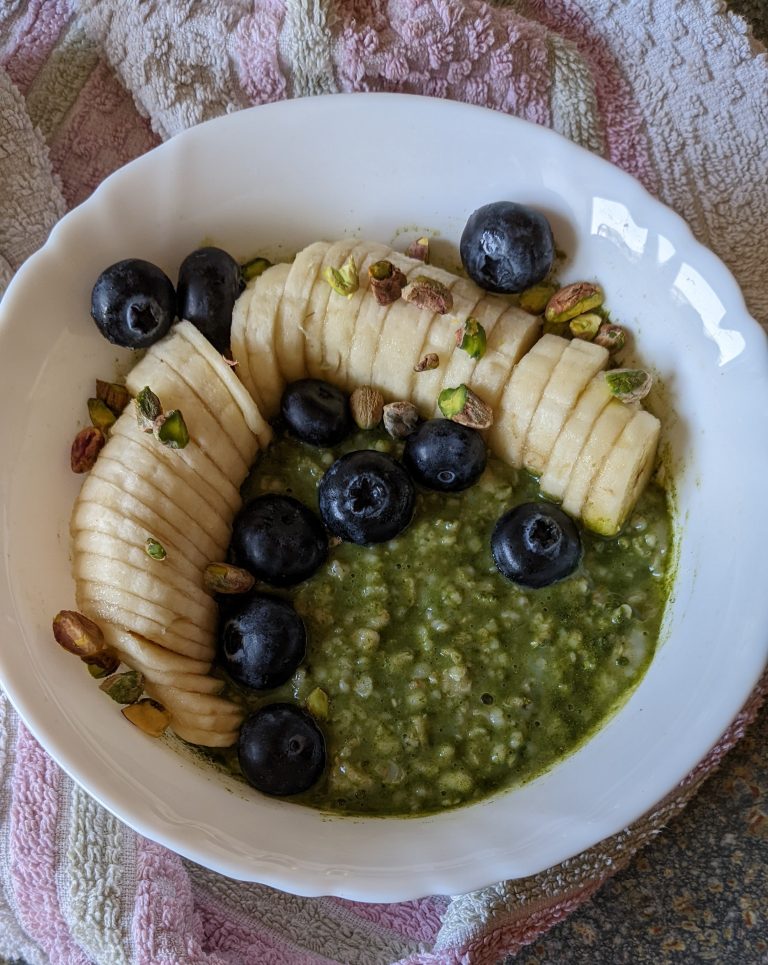
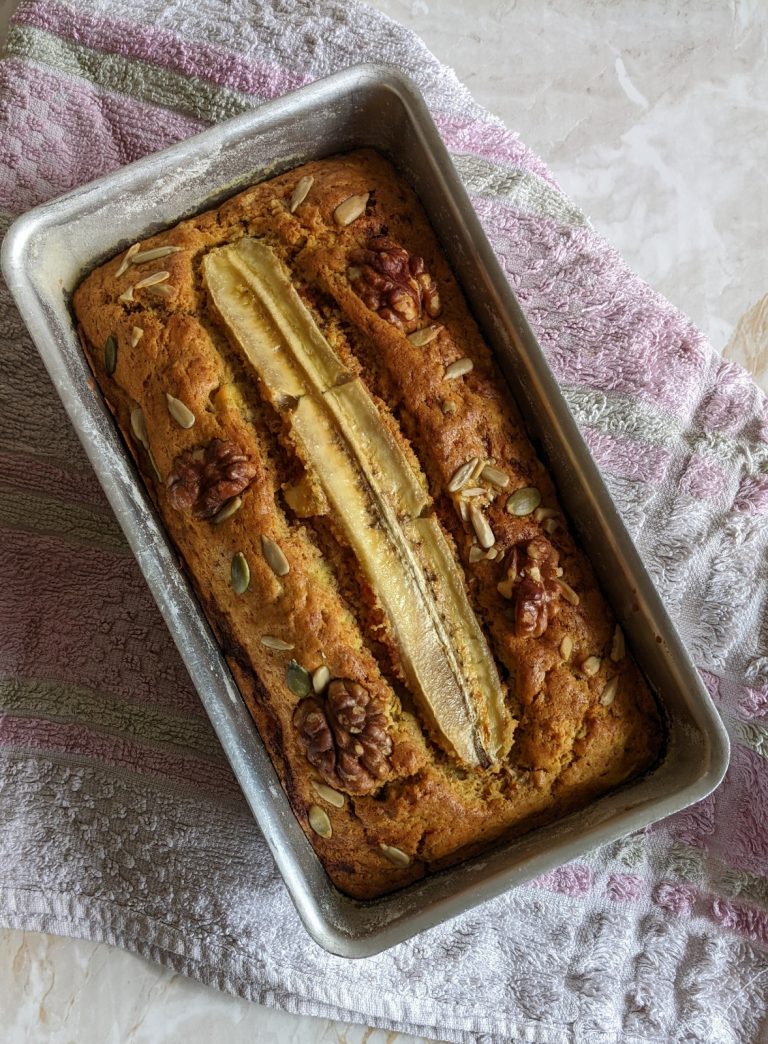
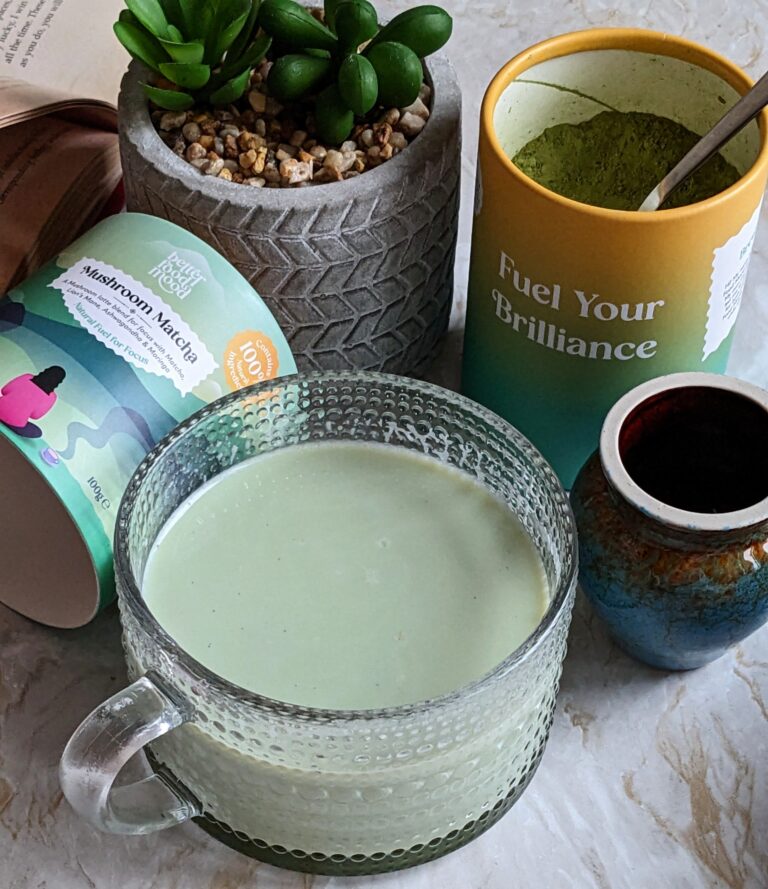
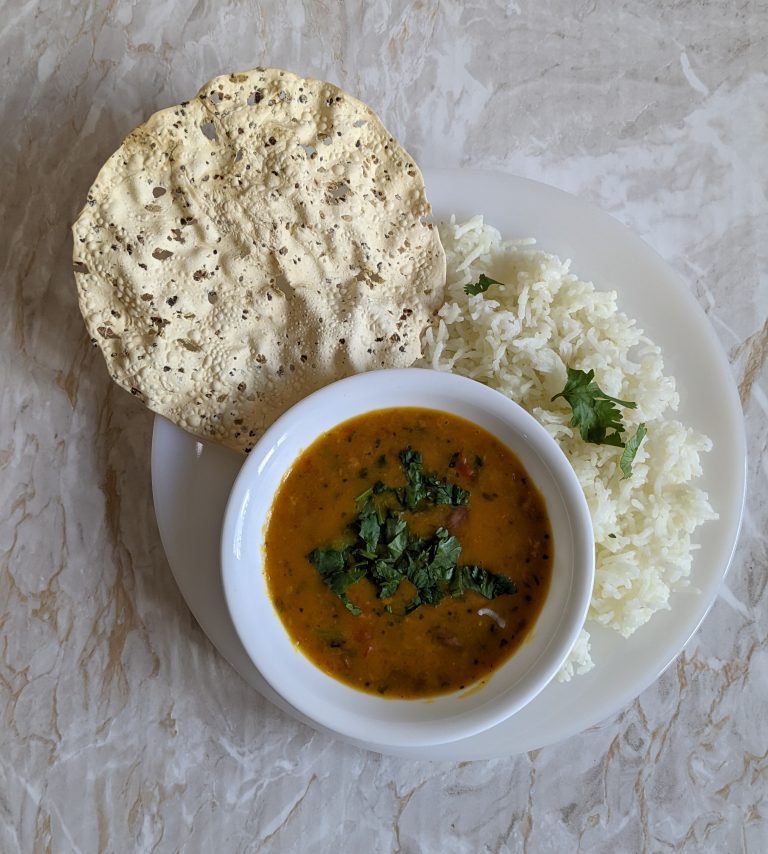
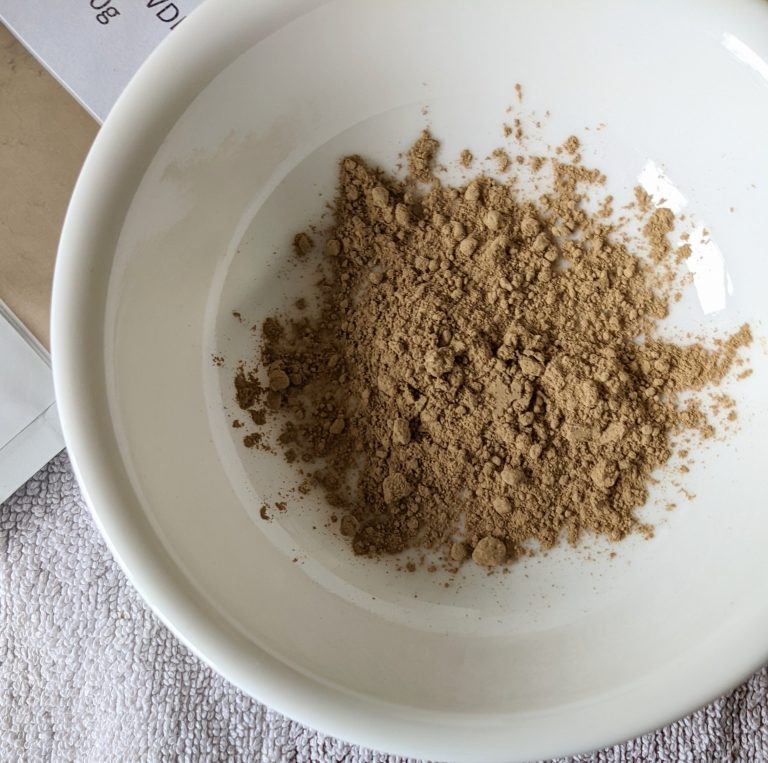
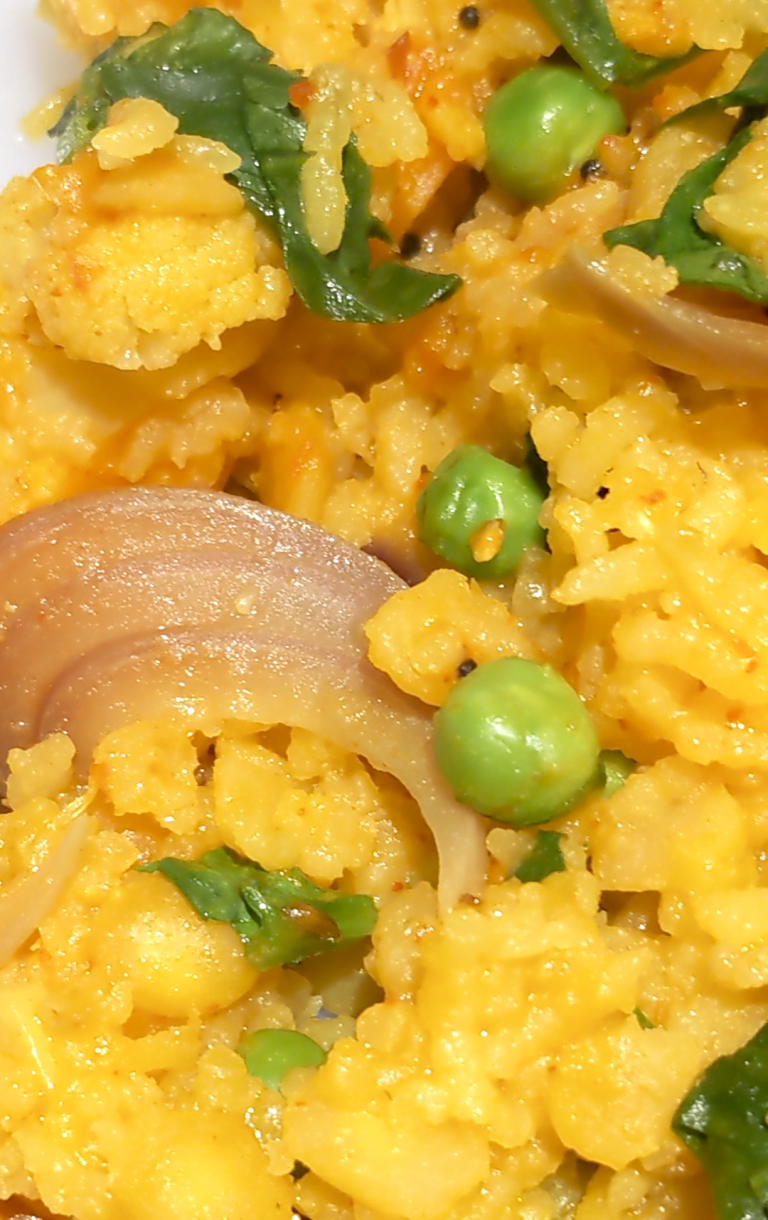
2 Comments